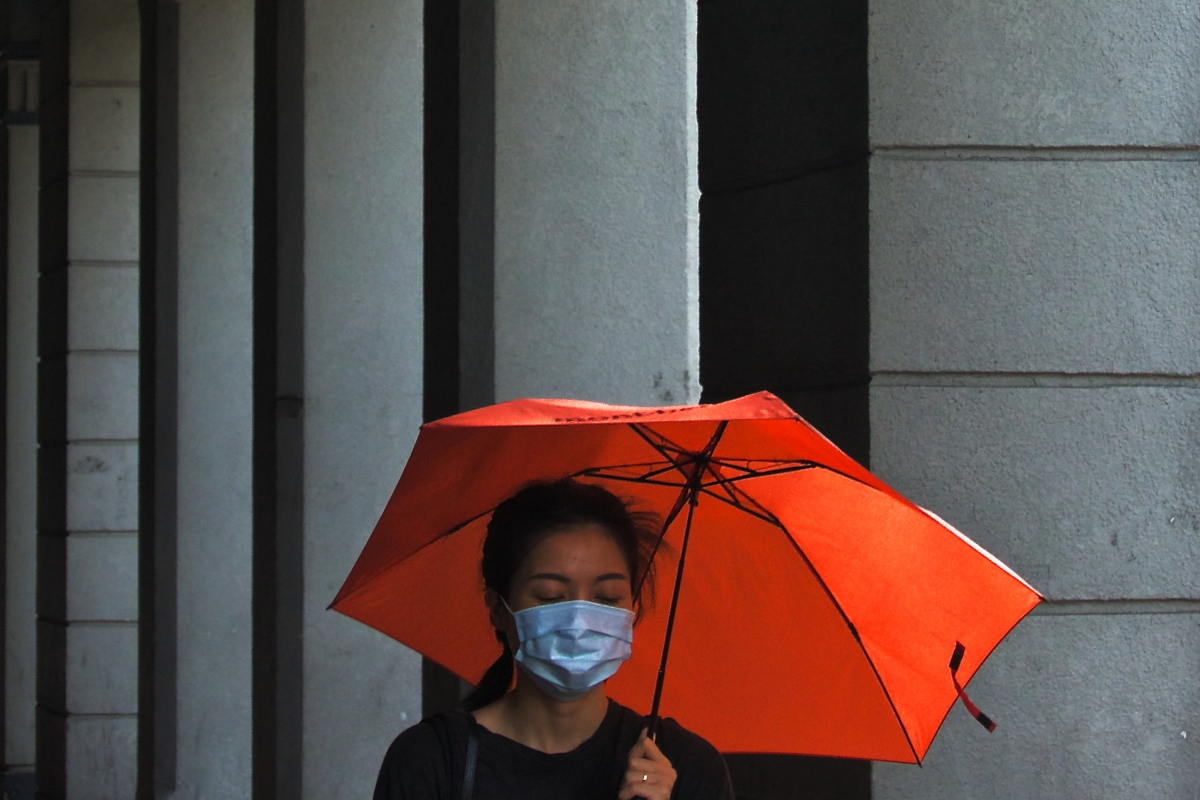The current COVID-19 pandemic is creating pain points across the world. From health care to retail, finance to telcos, Australian businesses have had to pivot quickly.
Here, we take a look at the current challenges individuals and businesses face, and what can be done to effectively manage staff in these unprecedented circumstances.
Workers are struggling
Managing a scattered workforce in a crisis is undeniably a challenge for many businesses, bringing rise to more complex issues around remotely managing absenteeism, illness, injuries and mental health.
It’s clearly a very difficult, confusing and stressful time for every business and individual in Australia. It’s a situation that many businesses are simply unprepared for. In the past two weeks alone, the Direct Health Solutions’ 24/7 COVID-19 hotline handled over 4,000 calls, with a worrying 80% of callers indicating they were unclear of the guidelines, and 65% of callers indicating they were anxious. Meanwhile, 25% of calls alerted as requiring to isolate or eligible to be referred for testing.
There’s a real public need for employers to step up and manage the current pandemic.
Businesses now face the overwhelming task of keeping up with managing their entire teams remotely, and absenteeism is starting to increase. Injury management for remote workers, psychological welfare checks, wider health assessments for employees who are self-isolating, or individuals who are worried about the risks associated with seeing a doctor face to face, are all leading to a pressing need for solutions in an effort for businesses to stay ahead of issues.
The combined force of all these challenges has fuelled many businesses to bolster their efforts to better support the health and wellbeing of their workforce, and find more innovative ways of looking after staff in these times of high anxiety and distress.
In fact, what we’re seeing is an increased demand for more responsive COVID-19 health management, where employers want to offer their staff better telehealth relief in a time where doctors and the healthcare system are so overwhelmed.

Tips for managing a remote workforce
Direct Health Solutions (DHS) recently announced a new range of telehealth services to tackle critical pain points arising from the COVID-19 pandemic that are affecting employers and their staff, such as absenteeism, illness, injuries and mental health. When managing these, here a few key tips:
Quick response: Employees who are already feeling socially isolated will feel even more so if they don’t get a quick response from their employers when they bring up concerns. There is nothing worse than an anxious employee feeling ignored. It is this perceived lack of care that can lose businesses their talent. Show care by addressing employee concerns immediately with the right rapid response support measures. Several days later is simply unacceptable.
Show empathy and care: For people who are in isolation, it is important to check in with them regularly, even if they have not directly brought up a concern with an employer. As an example, DHS nurses make regular follow-up calls to conduct welfare checks and ensure isolated and in-testing people are okay. This service is becoming very popular, simply because it shows the level of care necessary in the current climate.
Offer support: As the virus spreads, isolated employees will find access to care challenging. Hospitals and GP clinics will not be able to handle the expected wave in patients, and therefore health concerns can go unaddressed leading to illness. The DHS 24/7 nurse-led hotline, for instance, provides employers with immediate access to advice if other providers are over capacity or even under quarantine. Anxious or sick employees have an avenue to current support, including telespsych services, and can receive reassurance and help when they need it.
Early intervention: Early intervention can not only save lives, it can save jobs. If an employee brings up a concern, it is worth being flexible and proactive in addressing it immediately, rather than risk losing that employee and their wealth of experience by ignoring the issue in the hope they will ‘get over it’. Similarly, managing suspected cases of COVID-19 to manage its spread is vital. DHS’s nurse triage and early warning system can alert employers within seconds of illnesses being reported and whether there is a risk of the virus within the organisation.
Case management: Managing a workforce remotely can mean some cases could slip through the cracks. A centralised database for case management, with robust privacy measures, is vital at this time. In addition to a direct hotline service, DHS has seen a surge in demand for our absence management, injury management programs and medical assessment services, as more organisations feel the pinch to manage large volumes of employees remotely.
Businesses and individuals need as much help, guidance and tailored, company-specific solutions as possible during moments of crisis. From leave policies and returning-to-work clearance requirements to regular welfare care and checks for confirmed cases while they’re in isolation, a robust telehealth solution is about giving the right support to businesses and individuals – and genuinely looking after them during this critical time.
Ultimately, there’s a real public need for employers to step up and manage the current pandemic. Everyone has to play their role in moving the Australian response in the right direction.







